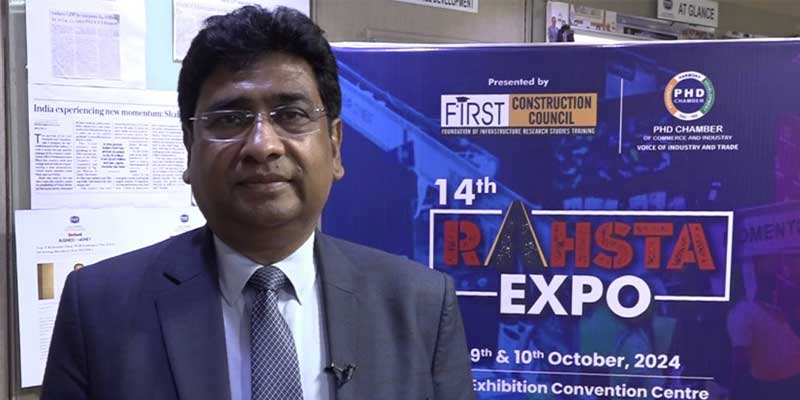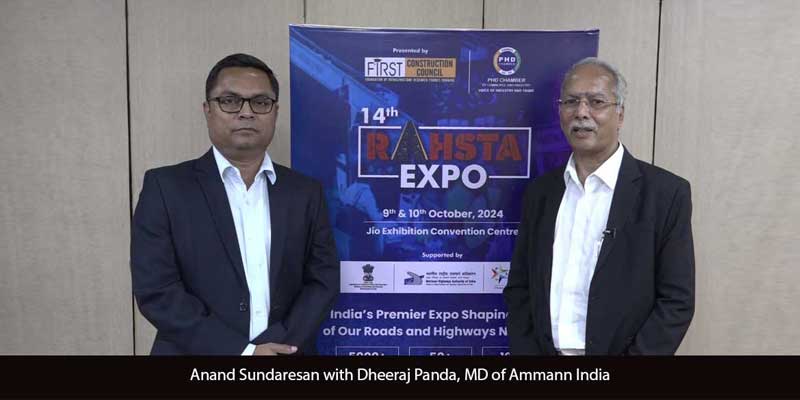Schedule a Call Back
GST: A structural reform propelling India's growth story with greater compliance
 Technical Articles
Technical Articles- Nov 30,-1

Though GST will put some burden of compliance & associated costs on MSMEs, eventually, it will make them more competitive and confident.
With Goods and Services Tax (GST) becoming operational from July 1, 2017, the whole government machinery is working day & night to ensure smooth roll out and efficiency at every step. While there are no two opinions about the long term benefits of the one-tax regime, there are concerns being raised by the industry with respect to implementation and initial compliance issues. Let’s look at the positive side first.
According to a joint study undertaken by Assocham and Ashvin Parekh Advisory Services (APAS), industry alone is expected to contribute USD 280 billion to India’s Gross Domestic Product (GDP) in the next 8-9 years, as a positive fall out of the GST as structural changes in the ease of doing business would propel the growth.
Most businesses are expected to get significantly more credits under GST, leading to a benefit for most of them. “It will bring a systematic approach and enhance transparency which will aid growth of business and would help the industry to concentrate on its core business. We believe that GST is a structural reform and is expected to accelerate the pace of GDP growth in India, despite implementation challenges in the near term. It would usher in lower taxes, seamless input tax credit, logistics savings and market share swings from unorganised to organised players,” said the Assocham-APAS study.
With most of the states, removing the major trade obstacle, immediately after the roll out of the GST, the ease of doing business is likely to go up significantly, thus the operational efficiency will improve singularly from the removal of the border check posts at inter-state borders.
MSMEs to gain as well
Even the micro, small and medium enterprises (MSMEs) will gain from the new tax regime by integrating them well into the mainstream of the economy and making them more efficient & confident. Though GST would put some burden of compliance and associated costs on MSMEs, eventually, it will turn these MSMEs more competitive with a level playing field between large enterprises and them. “Eventually, GST will turn these MSMEs more competitive with a level playing field between large enterprises and them. From an MSME perspective, GST will bring in many positives compared to the current systems such as easy process of availing input credit, single point tax, elimination of cascading tax system, and simpler taxation,” added the Assocham-APAS study. Furthermore, the Indian MSMEs would be able to compete with foreign competition coming from cheap cost centres such as China, the Philippines and Bangladesh.
Logistics sector thriving along
Gains of GST will vary from industry to industry, with logistics sector reportedly seen as the major beneficiary. Logistics, considered to be the backbone of manufacturing & trading activities in the economy, plays a critical role for developing countries like India wherein consumption is growing and demand is always high. “This will further bring warehouse consolidation across the country and we can witness mega logistic hubs and high investments in infrastructure wherein 100% FDI has already been allowed. As an outcome of GST, warehouse operators and e-commerce players have already shown interest in setting up their warehouses at strategic locations such as Nagpur, which is the zero mile city of India and is well connected throughout. We are sure to witness more transformations happening as we go forward,” said ClearTax.in in a blog. Explaining benefit of GST to the logistics sector, Brijesh Lohia, Managing Director of Global Ocean Group, said, “It will help companies reduce logistics cost by 1.5 to 2.5% as they will reconfigure their supply chains. There will adoption of hub-and-spoke model, fewer but large warehouses and eliminating check post delays to gain savings of 0.4-0.8% of sales.”
Packaging industry: Packed to perfection
GST will facilitate several industries to grow by eliminating business barriers. On flexible packaging industry, GST will have positive impact by providing business flexibility and eliminating barriers across the states. It will lead to rationalisation of current tax structure.
“Cosmo Films Ltd could implement GST fairly smoothly including ERP preparedness, training and SOPs for process changes. Success of GST implementation depends to a large extent on channel partners preparedness as well. Realising this, we had started interacting with suppliers and customers on this sometime back including conducting training with channel partners,” said Neeraj Jain, CFO, Cosmo Films Ltd.
Some of the company’s channel partners faced teething issues which it believes should get addressed within short time. “There are still some issues on which we would request Government to bring clarity such as E-Way bills, collection of pending C/ H Form etc. Apart, from few hurdles here and there, overall, the changes brought about by GST will have positive impact on Indian economy,” added Jain.
Auto component on a smooth ride
GST regime will definitely support the competitiveness of the automotive industry as it will remove the state boundaries and goods can be easily transferred from one state to another. “We have already started seeing the OEM’s reducing their prices due to the impact of GST. It is expected to bring in seamless flow of input tax credit and removal of cascading effect of taxes. Increased online working will reduce the direct interface with the GST departments. It will ultimately be demand accretive as overall efficiencies will be improved,” said Abhishek Jain, CEO & MD, PPAP Automotive Ltd.
The auto and automotive industry is in a transitional phase. There have been changes with regards to norms as well as technologies. “Apart from changes in tax regime, the paradigm shift taking place in the industry is towards the focus in reduction of fuel consumption and a connected car concept where the car is an extension of yourself. We are continuously challenging our designs and providing lower weight solutions to our customers,” stated Jain.
GST brings cheers to electronic component makers
Implementation of GST will bring innumerable benefits for domestic manufacturers of electronic components as cost of manufacturing will be significantly brought down. “The local manufacturers will be able to pass on the tax benefit to consumers in the form of price reduction,” said the report titled, ‘Electricals & Electronics Manufacturing in India,’ jointly conducted by Assocham and NEC Technologies.
With the implementation of GST, multiple taxes and cascading effects of taxes will be eliminated. Along with these benefits, firms will also be saving expenses incurred in warehousing and logistics which stood at approximately 5-8 per cent. “The lower taxes, simplified tax structure and technology empowered tax compliance system will provide an ideal ecosystem to improve the current situation of electronics manufacturing in India,” said the study. GST will give a major boost to the Indian electronics industry thereby, leading to subsequent increase in demand of locally manufactured electronics. However, for India to become a robust manufacturing hub, it should focus on building capabilities across the value chain by reducing component imports and increasing local value addition.
Related Stories
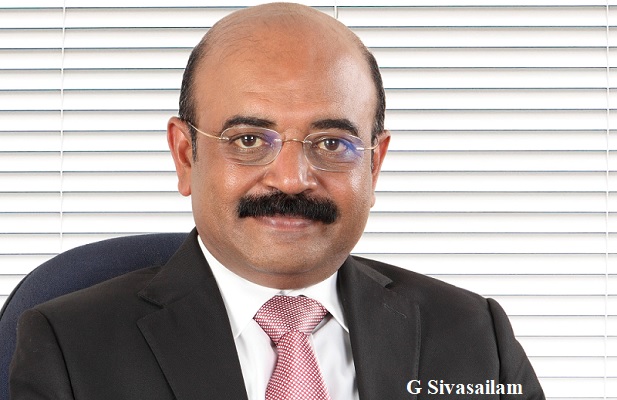
Freudenberg India to invest Rs 350 crore in CY 2024 for expansion
Globally, Freudenberg Group’s operating profit reaches Euro 1.1 billion, surpassing the 1 billion mark for the first time (up 15 percent).
Read more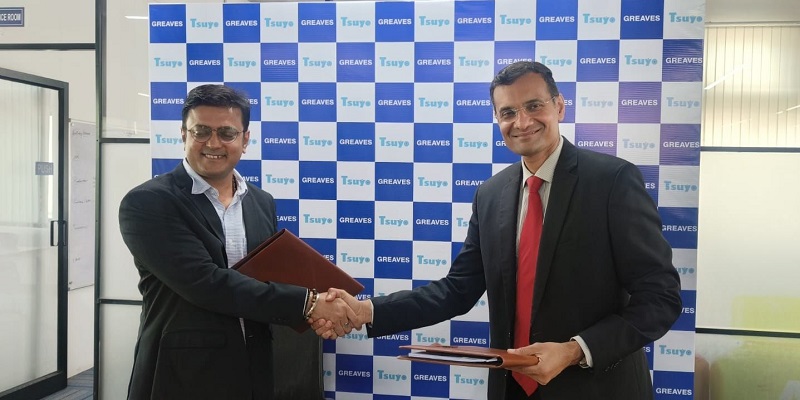
Greaves Cotton ropes in Tsuyo to make components for low-speed 3-wheelers
This collaboration underscores Greaves Cotton's endeavour to leverage Tsuyo's expertise in electric vehicle technology and manufacturing machinery to enhance its capabilities in the electric L3 vehi..
Read more
Hengst Filtration opens filtration plant in Bengaluru
Spanning across 36,000 sq ft, the Yelahanka facility will manufacture a diverse range of products across multiple verticals, exemplifying the German firm’s long-term growth strategy for India, say..
Read moreRelated Products
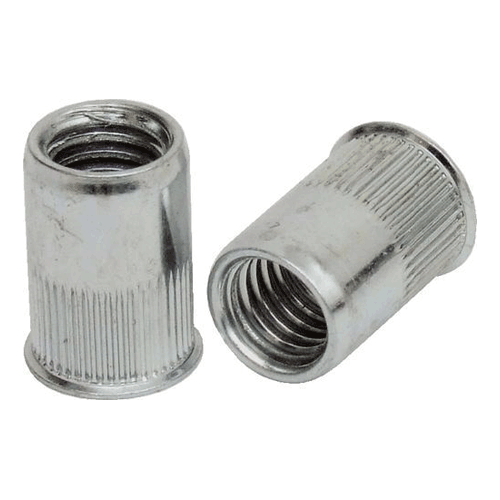
Premium Quality Reduced Head
Advance Hydrau Components Pvt Ltd offers an array of rivet nut, reduced head.

Blended Learning
Eduquestindia Institute Pvt Ltd offers Blended Learning. There is often a debate around the thought as to which is a better approach to training and development for corporates. On the one hand, the Read more

Rapid Authoring
Eduquestindia Institute Pvt Ltd offers Rapid Authoring. The business environment in which the modern day corporates operate is quite intriguing. An increased competition over time has brought in ad Read more




